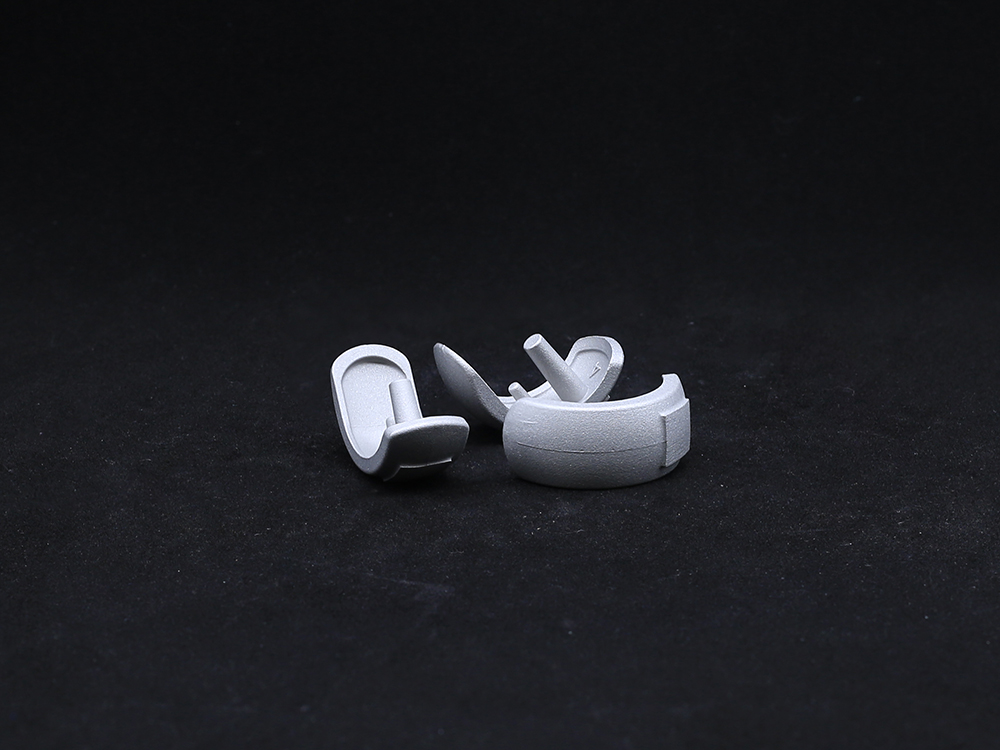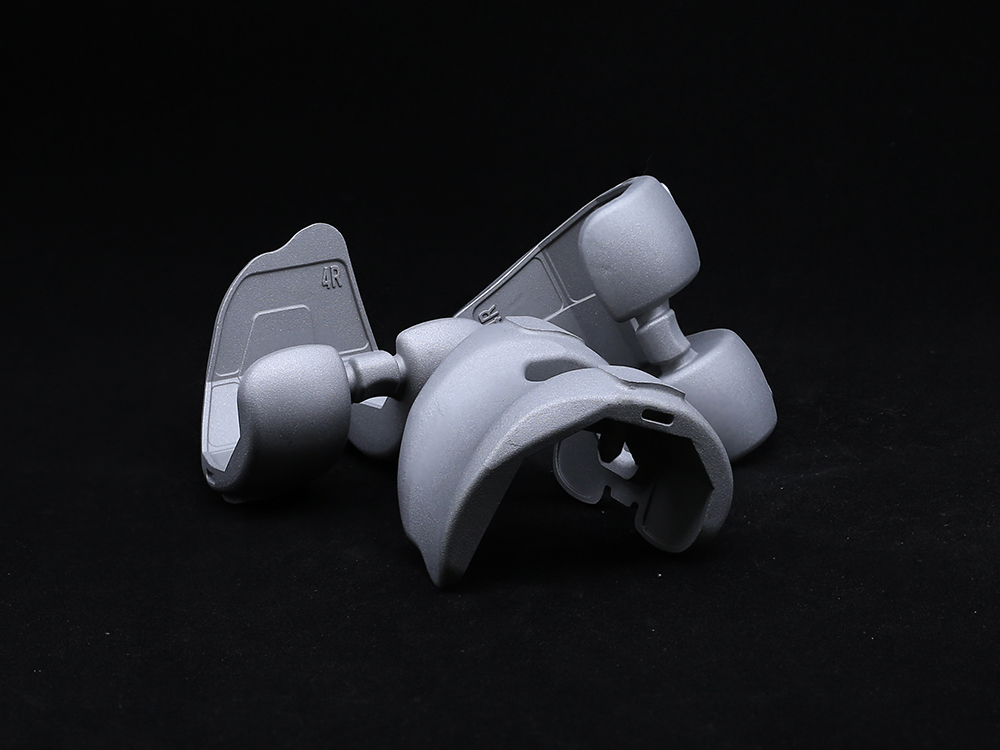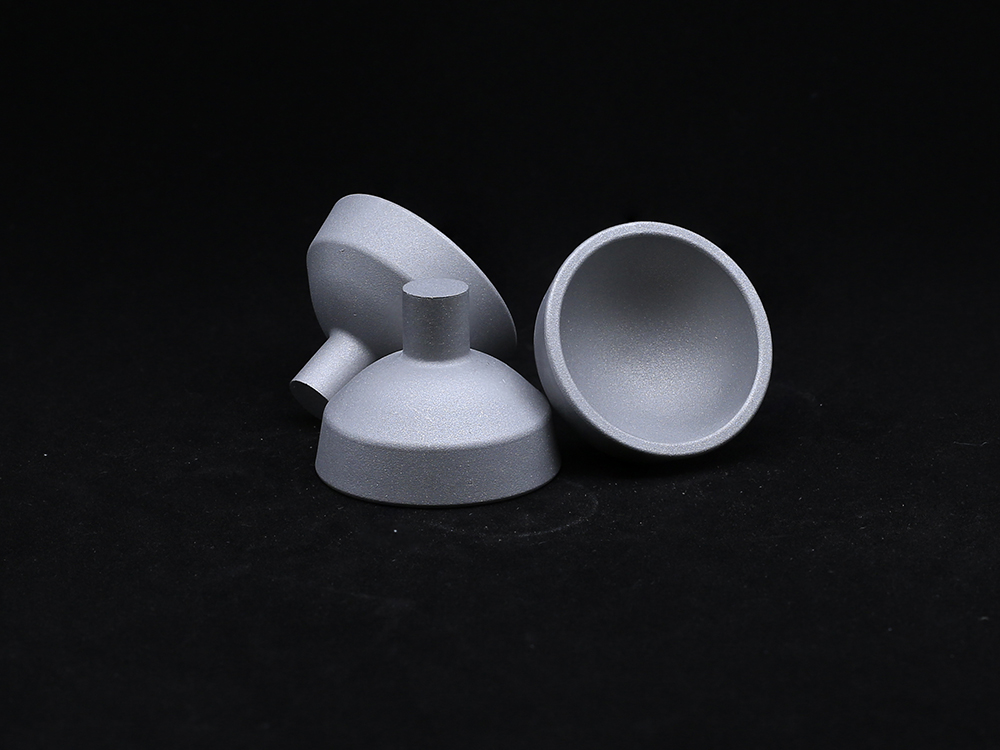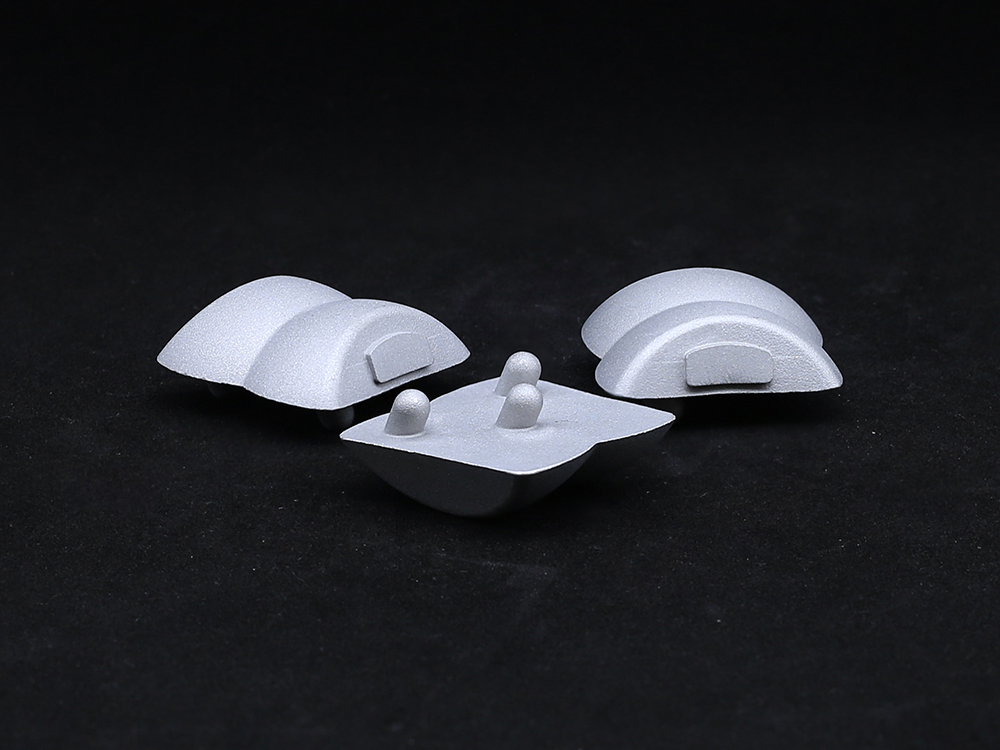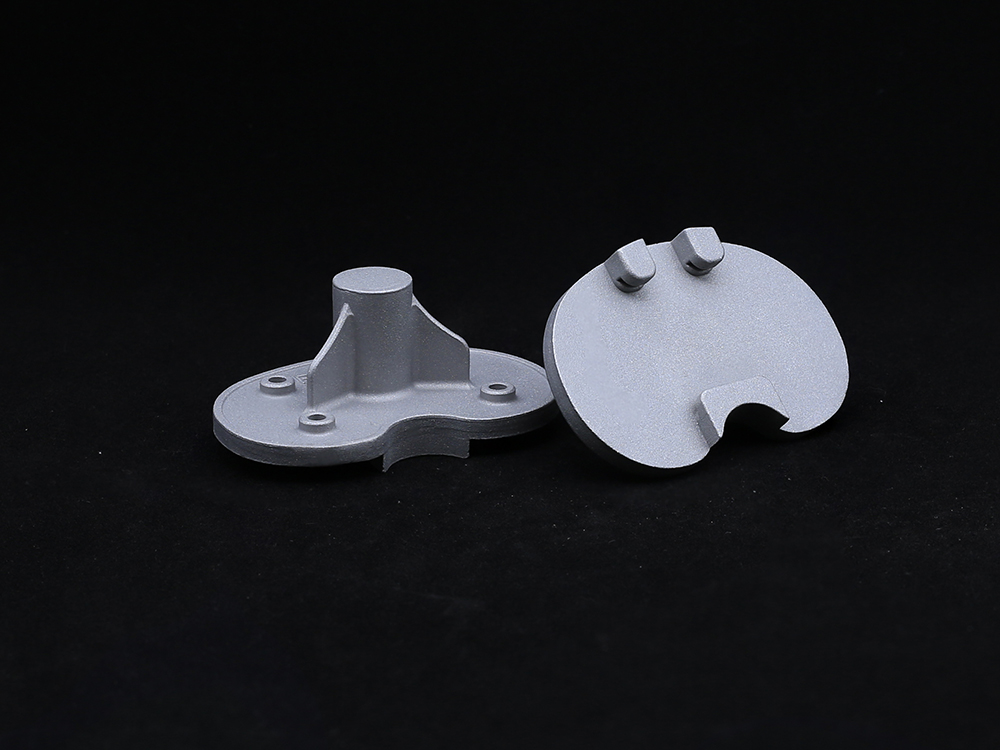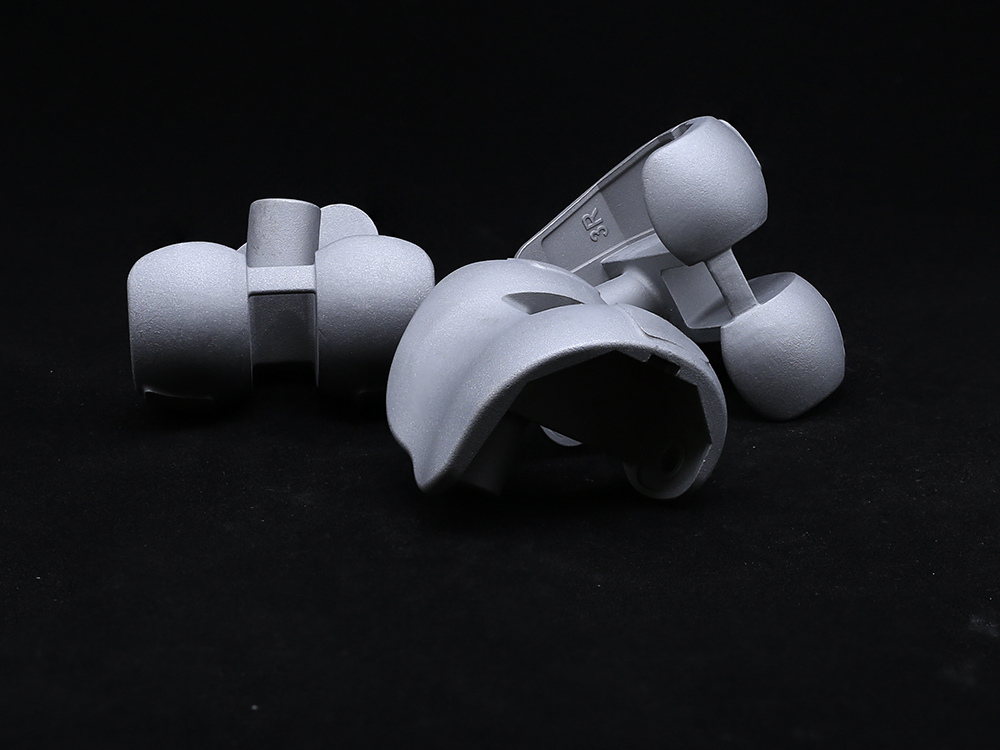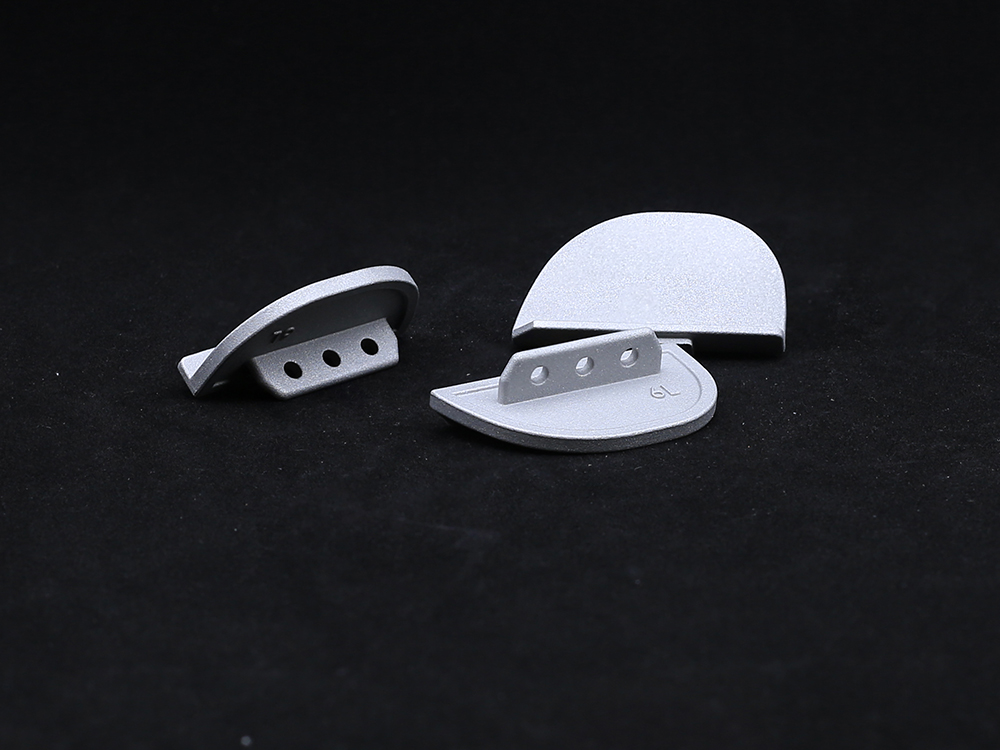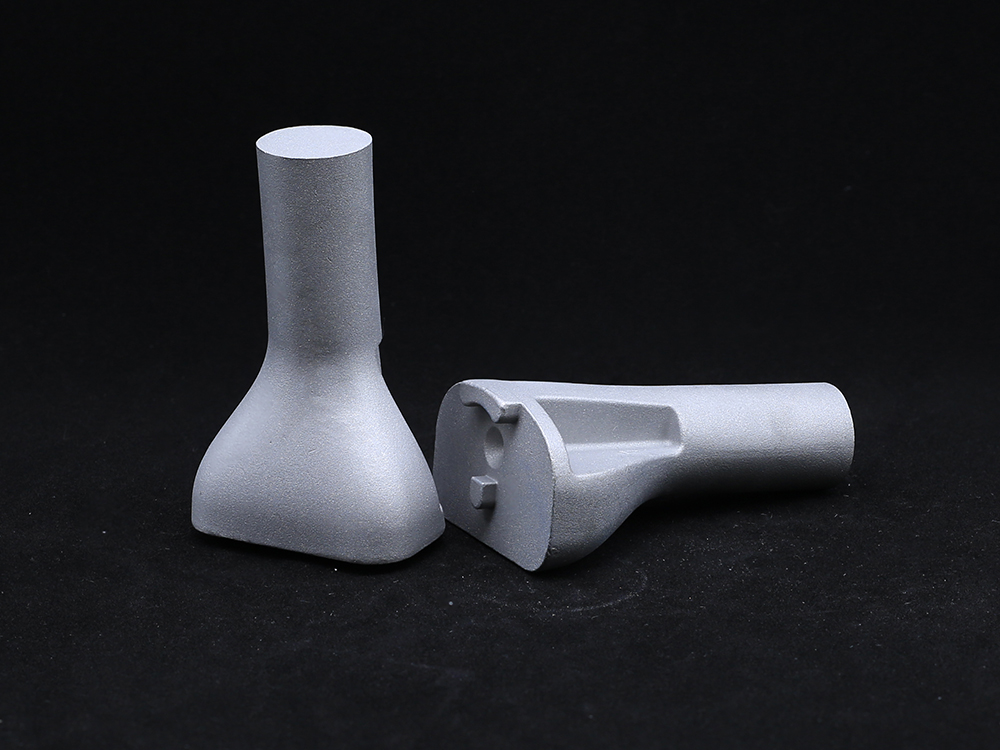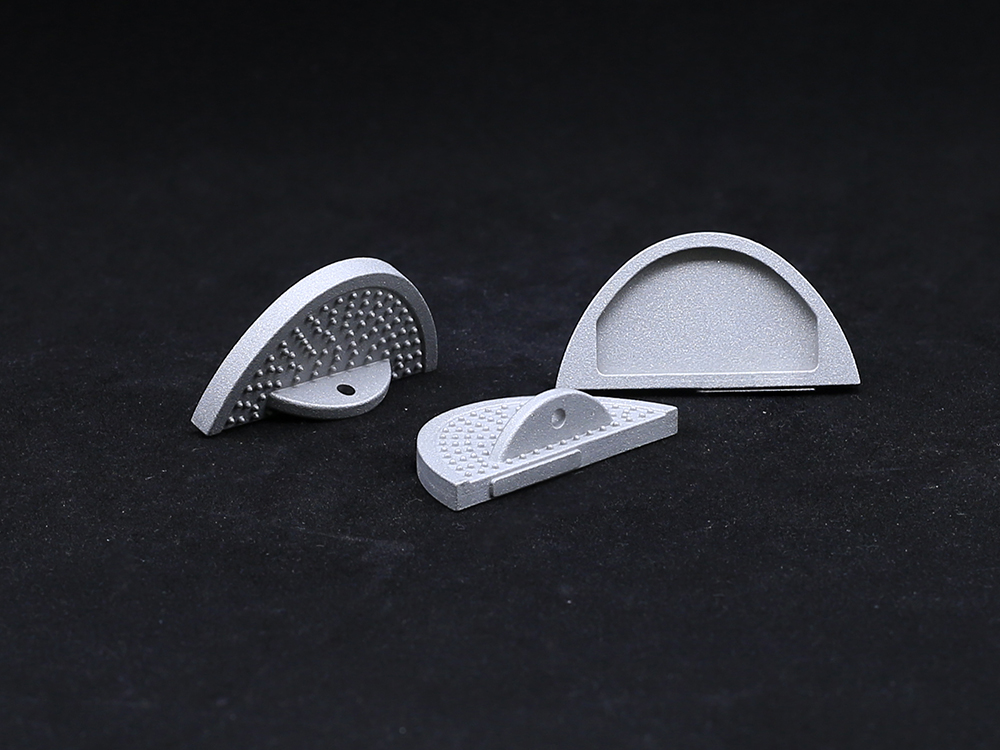Affordable Both Knee Replacement Surgery Cost - Low Prices & Free Quote!
This guide examines the financial, technological, and clinical aspects of replacing both joints simultaneously. Key discussion points include:
- Economic considerations and real-world pricing data
- Modern technological improvements in joint arthroplasty
- Implant manufacturer comparisons by feature and cost
- Personalized surgical planning approaches
- Postoperative rehabilitation cost-benefit analysis
- Patient outcome statistics and recovery timelines
- Financial planning strategies for surgical investment

(both knee replacement surgery cost)
Understanding Both Knee Replacement Surgery Cost Components
Bilateral knee replacement represents a significant investment in long-term mobility. The average cost for simultaneous dual-knee arthroplasty ranges between $35,000-$75,000 in the United States, with Medicare data showing $21,950 per knee as baseline hospitalization costs. Total expenses incorporate multiple factors:
- Implant materials account for 35-45% of total costs
- Anesthesia and operating room fees ($2,500-$5,500 per knee)
- Postoperative rehabilitation ($4,000-$12,000 total)
- Pre-surgical diagnostics and imaging ($800-$2,000)
- Complication risk management fund (5-8% of total)
Recent FDA approval statistics indicate robotic-assisted procedures carry 18% higher upfront costs but demonstrate 31% reduced revision rates over traditional methods. Geographic variations substantially impact pricing, with Southern states averaging 22% below coastal region pricing according to 2023 CMS statistics.
Technological Advancements Enhancing Surgical Outcomes
Contemporary knee replacement technologies deliver measurable improvements in functional outcomes and prosthesis longevity:
- Robotic-assisted systems achieve 0.5mm implant precision versus 1.5mm manual error margins
- Advanced polyethylene materials demonstrate 97.3% survivorship at 15-year benchmarks
- Accelerated rehabilitation protocols reduce hospital stays by 43% since 2018
- Computer-navigated alignment decreases revision likelihood by 37%
The Journal of Arthroplasty reports computer-guided procedures achieve average 135-degree flexion ranges versus 122 degrees in conventional cases. Additionally, modern pain management protocols utilizing multimodal anesthesia reduce postoperative opioid requirements by 68% while accelerating physical therapy participation.
Implant Manufacturer Technology Comparison
| Manufacturer | Technology | Warranty | Cost Implant Pair | Clinical Outcomes |
|---|---|---|---|---|
| Zimmer Biomet | Persona® Personalized | Lifetime limited | $19,850 | 94.2% 10-year survival |
| Stryker | Triathlon® with Mako robotics | 25 years | $22,400 | 98° average ROM improvement |
| Johnson & Johnson | Attune® Stability Technology | 20 years | $18,700 | 42% reduction in instability events |
| Smith & Nephew | Journey II BCS | Lifetime limited | $17,900 | 92% patient satisfaction at 5 years |
Premium implants incorporate oxidation-resistant polyethylene and titanium-niobium coatings that demonstrate 18% less wear particle generation in biomechanical testing. Recent innovations focus on gender-specific sizing options that improved WOMAC scores by 22% in female patients according to 2022 clinical data.
Personalized Approach to Surgical Planning
Contemporary bilateral knee replacement utilizes customized planning methodologies:
- Precision imaging protocols - 3D reconstructed CT scans create patient-specific instruments reducing operative time by 23%
- Comorbidity stratification - Cardiovascular optimization programs reduce perioperative complications by 31%
- Staged vs. simultaneous decision algorithms - Appropriateness criteria based on age/BMI/functionality parameters
The American Association of Hip and Knee Surgeons advocates value-based care pathways demonstrating 19% cost reductions without compromising outcomes. The Cleveland Clinic Protocol exemplifies this approach, reducing hospital stays to 2.4 days through prehabilitation programs that increase quadriceps strength by 28% before surgery.
Rehabilitation Economics and Resource Allocation
Postoperative rehabilitation constitutes 18-24% of total bilateral knee replacement costs but delivers significant functional returns:
- Accelerated protocols (cost: $5,200) achieve walking independence in 12.3 days versus 18.7 days in traditional pathways
- Tele-rehabilitation options reduce expenses by 34% while maintaining equivalent functional outcomes
- Standardized rehab duration averages 12 weeks (84 sessions) for bilateral cases
Modern recovery metrics show patients achieve 90-degree flexion 11 days faster through continuous passive motion technology, with 6-month patient-reported outcome measures (PROMs) exceeding 46 on the KOOS scale. The Journal of Orthopaedic Research confirms dedicated pre-hab programs reduce skilled nursing requirements by 62% in bilateral cases.
Patient Recovery Metrics and Clinical Outcomes
Evidence-based recovery expectations following bilateral knee replacement:
- Ambulation with walker at 1.7 days post-op (national average)
- Stair negotiation ability achieved at 8.4 days
- Average hospital discharge at 3.2 days for bilateral procedures
- 75% achieve driving readiness by 4.1 weeks
National Joint Registry data indicates simultaneous bilateral procedures present comparable safety profiles to staged operations when patients are appropriately selected. Revision rates remain below 4.3% at 5-year follow-up for contemporary implant systems. Functional outcomes studies demonstrate patients experience 84% reduction in knee-specific pain and 217% improvement in walking endurance metrics.
Strategically Approaching Both Knee Replacement Surgery Cost Planning
Practical financial strategies for managing dual-joint replacement expenses:
- Insurance optimization - Understand deductibles and out-of-pocket maximums that cap annual spending
- Center of Excellence programs provide bundled pricing averaging 17% below market rates
- Utilize HSAs/FSAs for tax-advantaged savings on qualified medical expenses
- Manufacturer patient assistance programs offer copay support based on financial need
Consider that while both knee replacement surgery cost
presents substantial initial investment, economic analyses calculate quality-adjusted life year values exceeding $18,000 annually based on mobility restoration. Patients should weigh this against ongoing expenses for conservative management, which average $8,400 annually for advanced bilateral osteoarthritis according to 2023 Journal of Rheumatology data.

(both knee replacement surgery cost)
FAQS on both knee replacement surgery cost
What is the average cost of both knee replacement surgery in the United States?
A: The average cost for both knee replacement surgery in the US ranges from $30,000 to $60,000, including surgeon fees and hospital charges. This depends on factors like location and facility type.
How does the cost of both knee replacement surgery compare to a single knee replacement?
A: The cost of both knee replacement surgery is typically 1.5 to 2 times higher than a single knee replacement due to increased materials and time. However, many hospitals offer bundled pricing that reduces per-knee costs. Insurance plans may also provide coverage adjustments.
What factors influence the total cost of both knee replacement surgery?
A: Key factors affecting the cost include surgeon expertise, hospital location, and implant type. Additional expenses can arise from pre-surgery tests or post-operative care. Insurance deductibles and coverage limits also play a role in the final out-of-pocket expense.
Is both knee replacement surgery covered by insurance?
A: Yes, most health insurance plans, including Medicare, cover both knee replacement surgery if it's medically necessary. Coverage varies, so patients should check policy details for deductibles and co-pays. Some plans may require pre-authorization or specific facility choices to minimize costs.
How can I reduce the overall cost of bilateral knee replacement surgery?
A: To reduce costs, consider negotiating bundled pricing with hospitals or choosing outpatient centers for lower fees. Seeking financial assistance programs or comparing quotes across multiple providers can also help. Always consult your insurance for potential discounts based on in-network facilities.
Get a Custom Solution!
Contact Us To Provide You With More Professional Services

